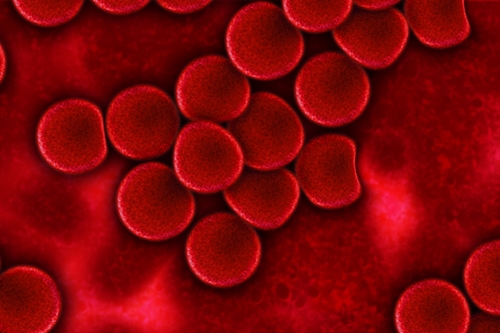15 May 2017. A clinical trial is underway testing the safety and practicality of using a person’s own freeze-dried blood plasma for transfusions, substituting for frozen or liquid plasma. The study, sponsored by the U.S. Army, is testing a form of freeze-dried plasma, developed by Vascular Solutions, now part of Teleflex Inc. in Wayne, Pennsylvania.
Vascular Solutions created its freeze-dried blood plasma process as a better way to provide replacement plasma for trauma and other cases of uncontrolled bleeding in remote locations, where frozen or liquid plasma may not be available or easily stored. The U.S. military, with its worldwide missions in remote and inhospitable locations, sought this type of product to better serve its people in the field. In April 2014, the Army’s Medical Research and Materiel Command began a joint project with Vascular Solutions to develop the product.
The product, known as RePlas, takes a person’s own fresh blood plasma, then freeze-dries and packages the plasma for reconstitution into liquid plasma as needed. Vascular Solutions previously applied a freeze-drying process in a bandage to stop bleeding after use of catheters. In the agreement with Vascular Solutions, the Army is funding preclinical studies, clinical trials, and initial FDA approvals of RePlas, while the company retains intellectual property and commercial rights to the product.
The early-stage clinical trial is being held at Hoxworth Blood Center at the University of Cincinnati. The study is recruiting 24 healthy adult volunteers, who are given from 1 to 3 units of reconstituted plasma from their own donated and freeze-dried plasma. For comparison, fresh-frozen plasma is given to participants receiving the largest doses (3 units) of reconstituted freeze-dried plasma.
The study is looking primarily at signs of adverse effects from the infusions, but also measuring changes in coagulation ability, chemical properties, and other hematological factors for up to 6 weeks following the infusions. Hematologist José Cancelas at University of Cincinnati and Cincinnati Children’s Hospital is leading the study.
The Army’s Medical Research and Materiel Command is supporting development of RePlas through submission of a Biologic License Application with FDA. Teleflex, which acquired Vascular Solutions in February 2017, will be responsible for subsequent production, regulatory, and commercial marketing and distribution of RePlas.
More from Science & Enterprise:
- Umbilical Cord Blood Evaluated for Autism Treatment
- Trial Begins Testing Enhanced Cord Blood Stem Cells
- System Slashes Time to Detect Bacteria in Blood
- Gene Editing Negates Sickle Cell to Create Healthy Blood
- Chip Device Simulates Blood Vessels in Clotting
* * *


 RSS - Posts
RSS - Posts
You must be logged in to post a comment.